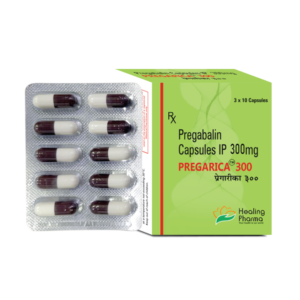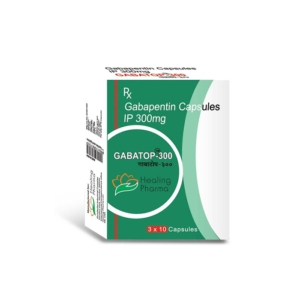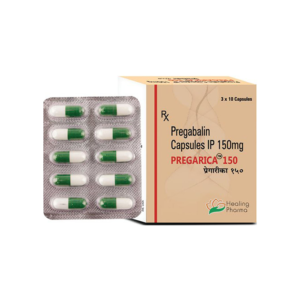Levetiracetam Information
Pronunciation
lee va tye RA se tam
What is this drug used for?
• It is used to treat seizures.
• It may be given to you for other reasons. Talk with the doctor.
Frequently reported side effects of this drug
• Diarrhea
• Stuffy nose
• Runny nose
• Trouble sleeping
• Abdominal pain
• Sore throat
• Nausea
• Vomiting
• Lack of appetite
• Flu-like symptoms
Other side effects of this drug: Talk with your doctor right away if you have any of these signs of:
• Swelling in your throat
• Depression like thoughts of suicide, anxiety, emotional instability, or illogical thinking.
• Infection
• Seizures
• Sensing things that seem real but are not
• Severe loss of strength and energy
• Severe dizziness
• Severe headache
• Passing out
• Change in balance
• Abnormal gait
• Severe fatigue
• Bruising
• Bleeding
• Agitation
• Irritability
• Panic attacks
• Mood changes
• Behavioral changes
• Stevens-Johnson syndrome/toxic epidermal necrolysis like red, swollen, blistered, or peeling skin (with or without fever); red or irritated eyes; or sores in mouth, throat, nose, or eyes.
• Signs of a significant reaction like wheezing; chest tightness; fever; itching; bad cough; blue skin color; seizures; or swelling of face, lips, tongue, or throat.
Medication Safety Issues
Sound-alike/look-alike issues:
Keppra may be confused with Keflex, Keppra XR
LevETIRAcetam may be confused with lamoTRIgine, levOCARNitine, levoFLOXacin
Potential for dispensing errors between Keppra and Kaletra (lopinavir/ritonavir)
Product Availability
Elepsia XR: FDA approved December 2018; anticipated availability is currently unknown. Information pertaining to this product within the monograph is pending revision. Consult the prescribing information for additional information.
Storage and Stability
Oral solution, tablets, tablets for oral suspension: Store at 25°C (77°F); excursions permitted to 15°C to 30°C (59°F to 86°F).
Premixed solution for infusion: Store at 20°C to 25°C (68°F to 77°F).
Vials for injection: Store at 25°C (77°F); excursions permitted to 15°C to 30°C (59°F to 86°F). Admixed solution in NS, LR, or D5W is stable for 4 hours in PVC bags kept at room temperature (Note: The manufacturer’s labeling for Keppra injection previously stated the admixed solution is stable for 24 hours in PVC bags at room temperature; this was changed to 4 hours as of April 2016 although there was no change in the formulation (Personal Communication, UCB, Inc. 2016). The manufacturer’s labeling for generic levetiracetam injectable products may have differing recommendations; refer to individual manufacturer’s labeling for details.
Adverse Reactions
Information given for all indications and populations (adults and children) unless otherwise specified.
Cardiovascular: Increased blood pressure (diastolic; infants and children)
Central nervous system: Aggressive behavior (children and adolescents), agitation (children and adolescents), amnesia, anxiety, ataxia (partial-onset seizures; includes abnormal gait, incoordination), behavioral problems (includes aggression, agitation, anger, anxiety, apathy, depersonalization, emotional lability, irritability, neurosis), confusion, depression, dizziness, drowsiness, emotional lability, falling (children and adolescents), fatigue, headache, hostility, insomnia (children and adolescents), irritability (infants, children, and adolescents), lethargy (children and adolescents), mood changes (children and adolescents), nervousness, pain, paranoia (children and adolescents), paresthesia, psychotic symptoms, sedation (children and adolescents), vertigo
Gastrointestinal: Anorexia, constipation (children and adolescents), decreased appetite (children and adolescents), diarrhea, gastroenteritis (children and adolescents), nausea, upper abdominal pain (children and adolescents), vomiting (children and adolescents)
Hematologic & oncologic: Bruise (children and adolescents), decreased neutrophils, decreased white blood cell count, eosinophilia (children and adolescents)
Infection: Infection, influenza
Neuromuscular & skeletal: Arthralgia (children and adolescents), joint sprain (children and adolescents), neck pain, weakness
Ophthalmic: Conjunctivitis (children and adolescents), diplopia
Otic: Otalgia (children and adolescents)
Respiratory: Cough, nasal congestion (children and adolescents), nasopharyngitis, pharyngolaryngeal pain (children and adolescents), pharyngitis, rhinitis, sinusitis
Miscellaneous: Head trauma (children and adolescents)






